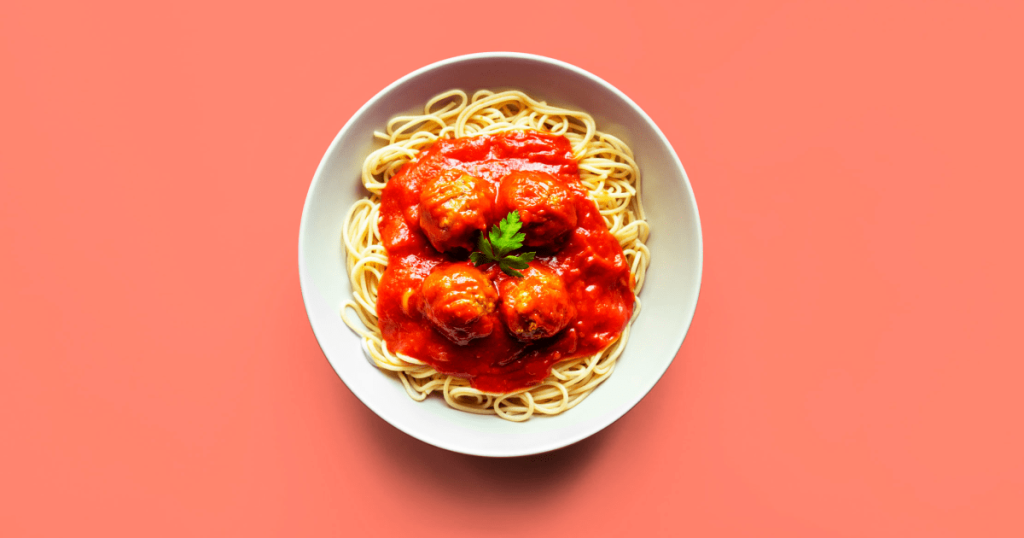Pasta is a delicious and energizing staple food, but the sauce you pair with it can significantly impact the overall healthiness of the dish. Pasta sauces can contain high levels of sodium, sugar, and fat, so it’s important to choose sauces that are nutritious and flavorful. Low-sodium, low-fat, and low-sugar options are ideal, with a focus on unsaturated fats like olive oil. Creamy and cheesy sauces tend to be heavier in calories and fat than tomato-based sauces, which are a healthier option. Adding nutritious ingredients like vegetables and lean proteins can help to enhance the nutritional profile of the sauce.
When looking for healthy pasta sauces, marinara sauce is generally a top choice. It is a simple tomato-based sauce that provides lycopene, vitamin C, and flavor without the need for excessive salt or sugar. Pesto is another healthy option, made with olive oil, pine nuts, basil, and Parmesan cheese. While pesto can be nutritious, it’s important to watch out for added calories and saturated fat from the oil content. Making a homemade sauce can give you more control over the ingredients, allowing you to choose fresh produce, healthier oils, and lean proteins. Adding fresh herbs and garlic can enhance the flavor of a jarred sauce without adding extra salt and sugar.
In terms of portion size, a serving of pasta sauce is typically half a cup. To make the portion more satisfying, consider adding roasted vegetables or lean proteins like ground turkey or chicken. Lean beef is also an option, but meatless protein sources like crumbled tofu can be a healthier alternative. Branching out from traditional pasta and trying options like chickpea pasta, lentils, or lean meatballs can further boost the nutritional value of the dish. Adding additional greens like spinach or kale can also enhance the nutrient content of the meal.
When it comes to choosing between jarred sauce and homemade sauce, both options have their pros and cons. Jarred sauces are convenient and can be a good starting point for a nutritious meal. Look for sauces with fewer than 500 milligrams of sodium per serving and minimal added sugar. Garden vegetable sauces may contain chunks of healthy veggies, making them a good option. To enhance the flavor of a jarred sauce, consider adding fresh herbs, garlic, crushed red pepper, or fresh grape tomatoes. Homemade sauces provide more control over the ingredients and allow for customization to meet specific dietary needs or preferences.
Overall, choosing a healthy pasta sauce involves being mindful of sodium, fat, and sugar content, as well as incorporating nutritious ingredients like vegetables and lean proteins. Whether opting for a jarred sauce or making a homemade version, adding fresh herbs and other flavorful ingredients can help create a delicious and nutritious dish. Experimenting with different types of pasta and protein sources can also add variety to meals and ensure a well-rounded nutrient intake.


